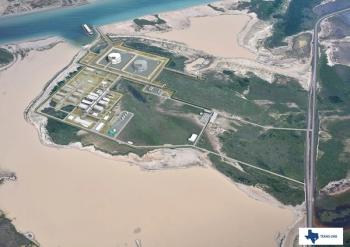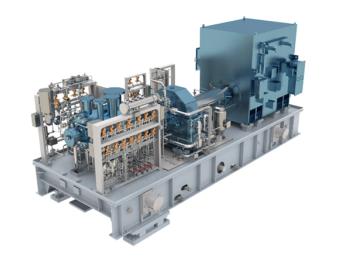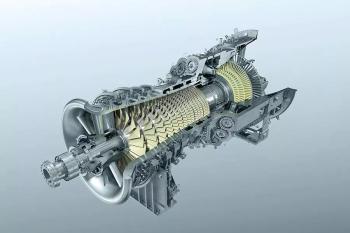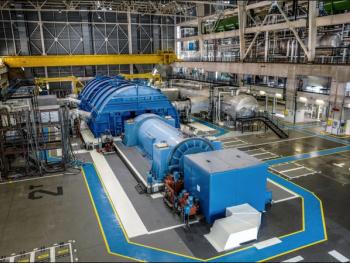
PowerGen meet underscores the need for cooperation among European nations
In June 2013, keynote speakers at PowerGen Europe in Vienna urged European governments to cooperate on a framework that would invigorate the sluggish power market. They called on policymakers to consider the "age of technologies" when deciding on sources of power to support and called for an end to "uncertain legislation-making."
Political interventions, they said, do not encourage new investments in the power market. In particular, they pointed out the persistent over-dependence on renewable power without complimentary fossil fuel back-up. Reinhold Mitterlehner, Austria's Federal Minister of the Economy dramatized the problem "as gas plants shut down and coal plants run full throttle." He warned that without immediate action Europe would see increased unemployment and fall behind its international competitors.
Philippe Cochet, President of Alstom Thermal Power, echoed the Minister's comments. Cochet was concerned by the recent mothballing or closure of Europe's gas-fired plants. This, he said, is the result of weak electricity demand, the strong penetration of renewables, a low carbon price and the increased availability of low-cost U.S. coal, resulting from the shale gas boom.
Marc Hall, Director for Energy at Wiener Stadtwerke, said that cooperation among nations was vital because there was no simple solution for Europe's energy problems. "No country is independent in the field of energy," added Turkey's Deputy Energy Minister, Hasan Murat Mercan. He told delegates that Turkey plans to double its energy investments in the next decade and oversee the construction of three new nuclear power plants. It intends to develop 200 GW of wind power in the next 10-12 years, as well as 600 MW of solar.
Later, at the conference sessions, GE Power & Water, Siemens, Rolls-Royce, Kawasaki Heavy Industries, Mitsubishi Power Systems and Opra Turbines presented papers on small and medium-size gas turbines. James DiCampli, LM6000 technology manager, GE Power & Water, discussed gas turbine operational flexibility. His paper detailed the technical analysis and implementation of the National Fire Protection Association (NFPA) purge credit recommendations for aeroderivatives. He discussed two principal benefits to the new purge credit – faster starts and greater heat recovery steam generator (HRSG) reliability and longevity.
(This is an excerpt from the July-August 2013 issue of Turbomachinery International)
Newsletter
Power your knowledge with the latest in turbine technology, engineering advances, and energy solutions—subscribe to Turbomachinery International today.




